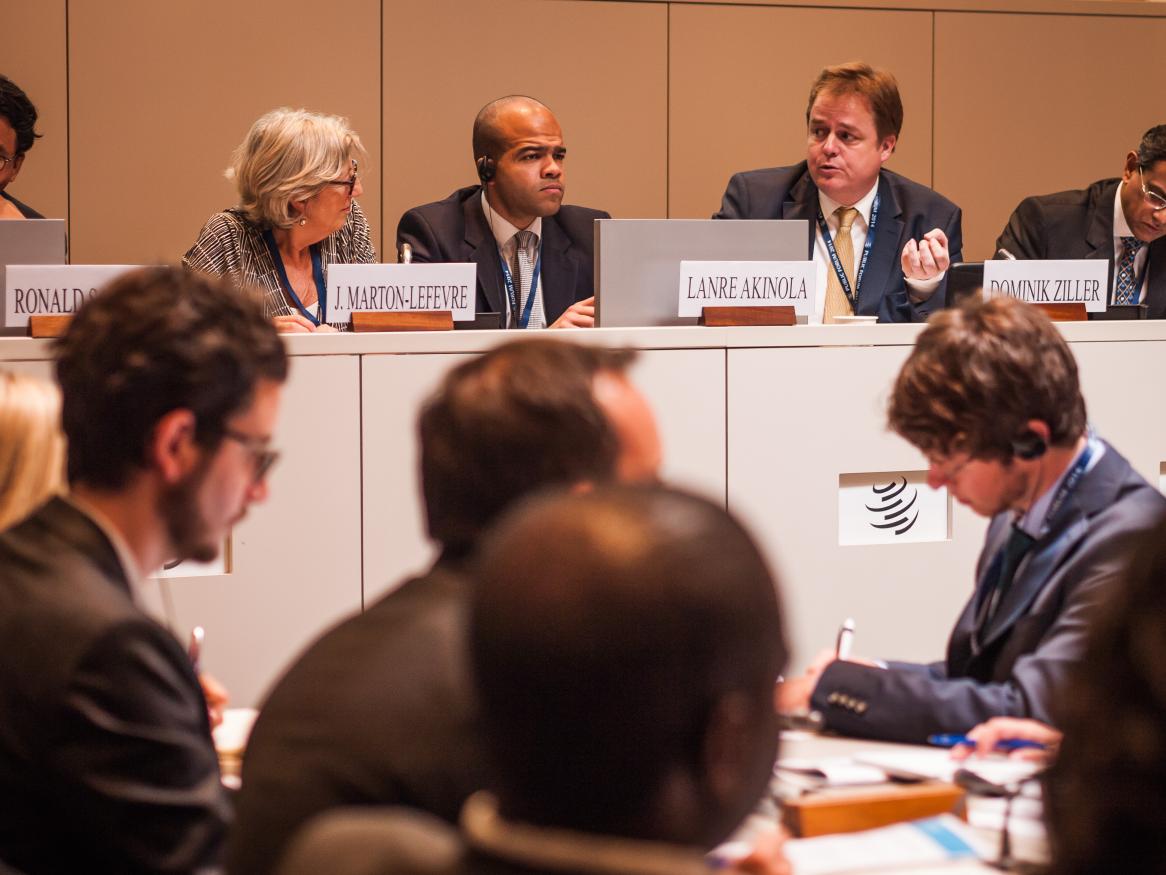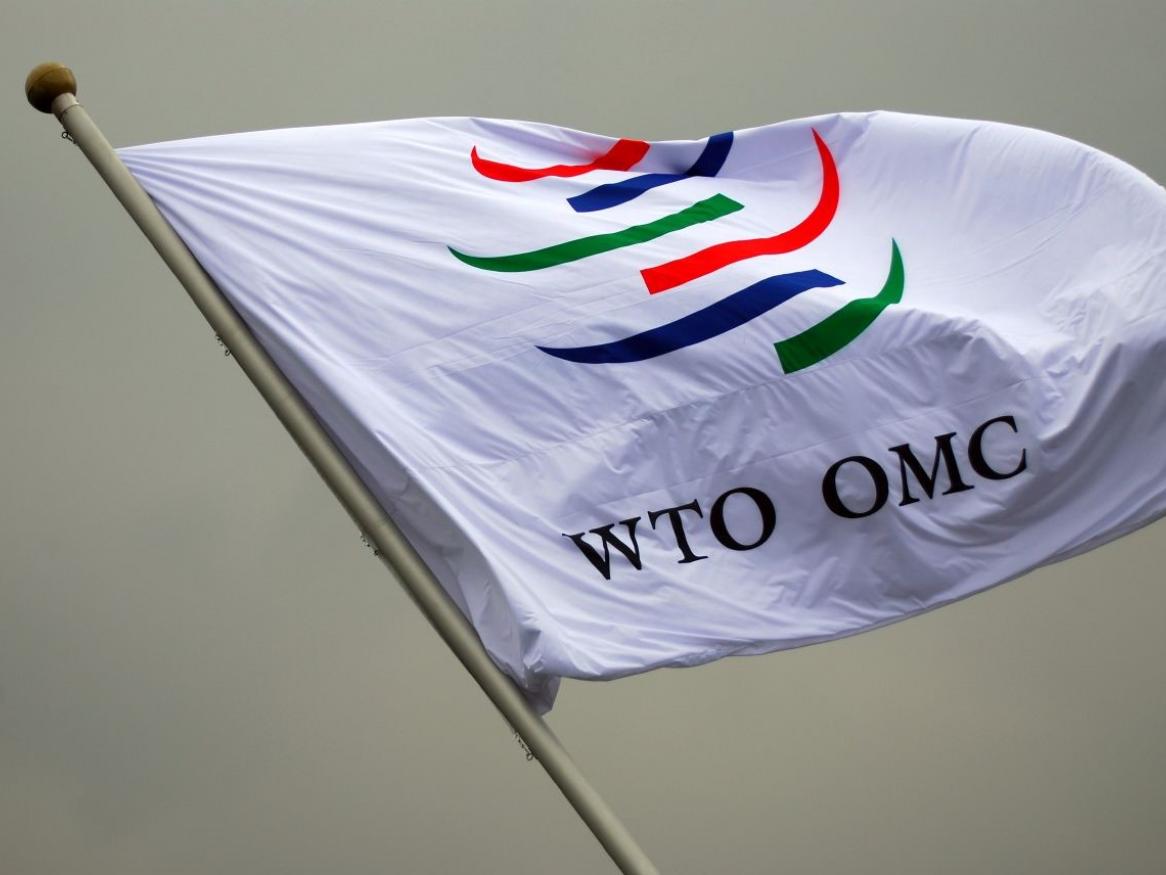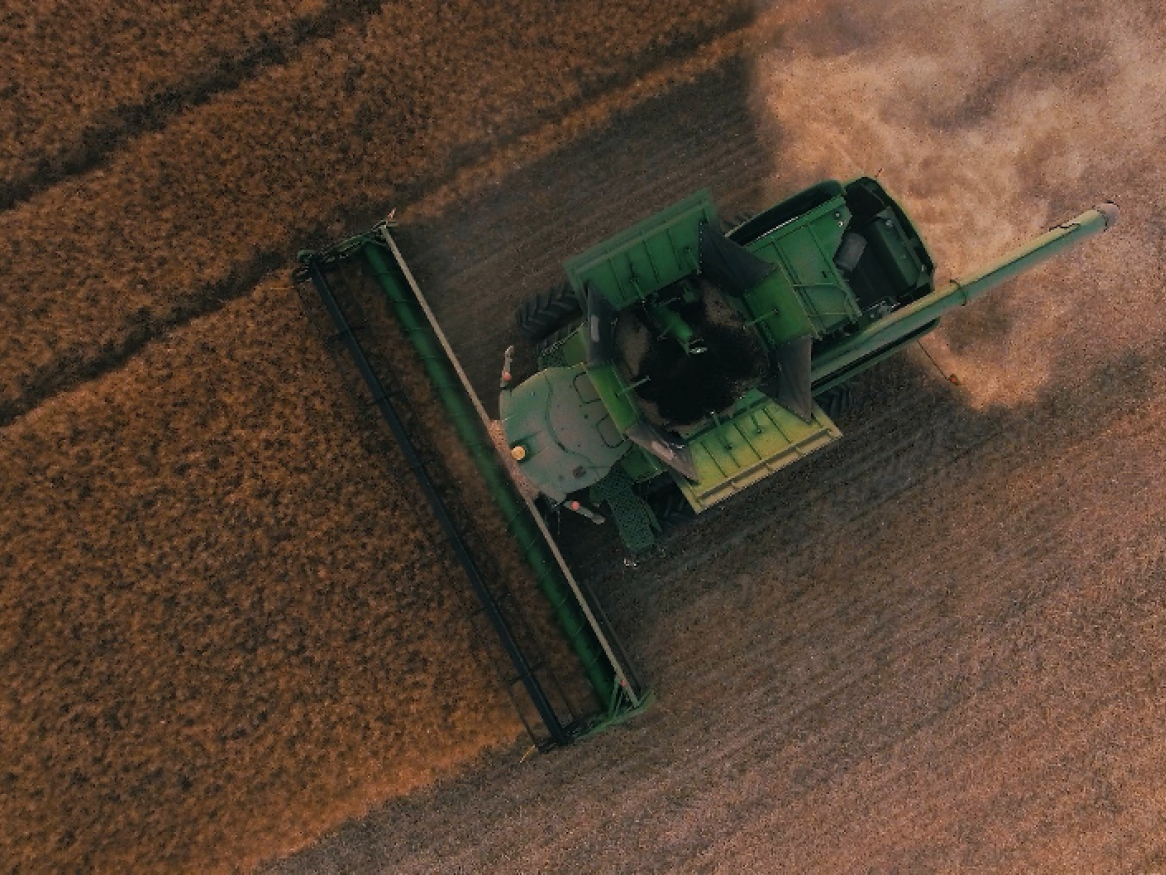News: Asia Pacific
Can progress be made multilaterally on agricultural trade?

The WTO has been experiencing deadlock in its negotiating function since the collapse of the Doha Round. This threatens to undermine the legitimacy of the WTO, and drive Members to seek progress outside the organization. The difficulties of agricultural negotiations offer a microcosm for understanding the wider multilateral universe. Against this background, a group of academics, former high-level officials of international institutions and former negotiators have come together to try to inject some new energy and new ideas into the multilateral process in a project called “New Pathways”.
[Read more about Can progress be made multilaterally on agricultural trade?]
Industrial Subsidies and their impacts on exports of trading partners: The China Case

WORKING PAPER 03
This paper explores the impact of Chinese subsidy interventions in the upstream sector on the competitiveness of the downstream sector. In particular, the paper investigates the effect of Chinese subsidies on basic metal products on the export competitiveness of downstream sectors in other major trading countries. To explore the impact of base metal subsidies interventions on the downstream sector of a trading partner, we exploit both temporal variation in subsidy interventions and in base-metal consumption by the downstream sector.
“Joint Statement Initiatives” and Progress in the WTO System

Andrew Stoler, former WTO Deputy Director-General; former Office of the United States Trade Representative senior trade negotiator.
“Joint Statement Initiatives” (JSIs) are today seen by many governments as crucial to making trade progress, given some WTO Members opposition to further liberalization and rulemaking on a multilateral basis. Two governments that have actively worked to stymie progress, India and South Africa, are currently challenging the legality of JSIs within the multilateral system of the WTO in a new bid to prevent other WTO Members from moving forward on the trade front.
[Read more about “Joint Statement Initiatives” and Progress in the WTO System]
Services Domestic Regulation - Doing the Obvious

Markus Jelitto is Counsellor at the Services Trade Division, WTO Secretariat, Geneva.
Services Trade has been growing continuously over the past three decades and was worth USD 13.3 trillion in 2017. Services value added accounts for almost half of all world trade (goods and services combined). Despite these impressive figures, the 2019 WTO World Trade Report finds that costs of trading services are about twice as high as trade cost for goods. A significant portion of these costs are attributable to regulatory divergence, as well as opaque regulations and cumbersome procedures. Through the development of disciplines on services domestic regulation, a group of currently 63 WTO members has set out to address these cost factors.
[Read more about Services Domestic Regulation - Doing the Obvious]
IIT Monthly Newsletter - March 2021

IIT Monthly Newsletter - March 2021. This edition of our monthly newsletter contains a rich set of insights into the challenges confronting the world trading system. Australia, being a middle power with extensive trade interests, has a strong stake in how they are addressed.
Rethinking WTO Rules on Chinese Industrial Subsidies, and Approaches for Future Reform

Weihuan Zhou is Associate Professor, Director of Research, and Member of the Herbert Smith Freehills China International Business and Economic Law (CIBEL) Centre, Faculty of Law and Justice, UNSW Sydney. Mandy Meng Fang is Assistant Professor, School of Law, City University of Hong Kong.
The reform of WTO rules on industrial subsidies should be based on a better understanding of the efficacy of the rules on China and fresh principles and approaches. It is time for governments to rebuild the political will needed for international cooperation.
Global Food Systems: Fit for the Future?

Ken Ash is an Independent Consultant, IIT Visiting Fellow, and former OECD Director of Trade and Agriculture.
Well-functioning global food systems matter, to all of us. Global food systems perform well overall, and today provide more safe, nutritious, and affordable food per capita than ever before. At the same time, over 800 million people are undernourished and a higher number are overweight.
Biden and Berlin: How Germany can help reset transatlantic relations

Andreas Freytag, Professor and Chair of Economic Policy, Friedrich Schiller University, Jena and Visiting Professor with IIT.
The election result in the United States (USA) is now certain. Despite the refusal of leading Republicans to recognize the election result and to congratulate the election winner, everything now speaks in favor of the next (and thus 46th) President of the USA being Joseph R. Biden, Jr. This means an experienced Washington insider will again sit in the Oval Office, marking a return to more typical pre-Trumpian forms of policy and diplomacy.
[Read more about Biden and Berlin: How Germany can help reset transatlantic relations]
Managing the risks of rising government support: a case for policy transparency

Ken Ash is an Independent Consultant, IIT Visiting Fellow, and former OECD Director of Trade and Agriculture.
Governments generally support the smooth functioning of their domestic economies, through maintaining systems of good governance and the rule of law and ensuring a coherent macroeconomic and structural policy environment. Extraordinary support is sometimes also warranted, as is the case today to mitigate the economic impact of COVID-19. Few would dispute that these are essential roles for governments.
[Read more about Managing the risks of rising government support: a case for policy transparency]
The Perfect Storm: Interventionism, Inequality, Decoupling and Zombies

Carlos A. Primo Braga, Associate Professor, Fundação Dom Cabral and former Director, Economic Policy and Debt, The World Bank.
Covid-19 already ranks among the most impactful pandemics of the last 100 years. Most governments have put their economies in a temporary “coma” with a view to mitigate the spread of the virus (SARS-CoV2). This inevitably increases the economic pain associated with the pandemic in the short run and generates pressures for a quick return to normality. Lessons from the past, however, suggest that the health crisis can go on for much longer than most politicians anticipate.
[Read more about The Perfect Storm: Interventionism, Inequality, Decoupling and Zombies]
This work is licensed under Commons Attribution-NonCommercial-NoDerivatives 4.0 International License.
IIT is a global leader in researching, analysing and commenting on International Trade.
Stay informed about our up-and-coming seminars, events, publications, awards, new projects and collaborations, and other exciting news.
